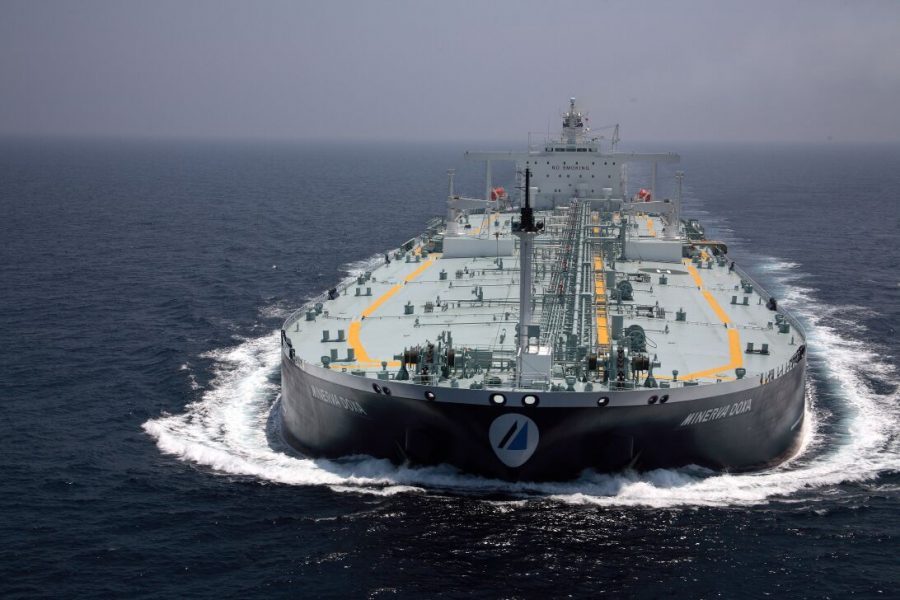OVERALL AIM
This Course provides training to candidates to meet the requirements of section A-V/1-1 para. 2 of the STCW Code with specific duties for loading, unloading and care in transit or handling of oil cargoes. It constitutes an Advanced Training Programme appropriate to their duties, including oil tanker safety, fire safety measures, pollution prevention, operational practice and obligations under applicable law and regulations.
The Course covers the competence requirements as given in the table under section A-V/1-1-2 of the STCW Code.
During the course, there will be:
- Familiarization with the equipment, instrumentation and controls used for cargo handling on an oil tanker,
- A greater awareness of the need of proper planning, the use of checklists and the time scales involved in the various cargo handling operations,
- An enhanced awareness to apply proper and safe procedures at all times when carrying out the various operations on board an oil tanker,
- An acquisition of experience in identifying operational problems and assist in solving them,
- An improvement in the ability to promote safety and protect the marine environment, and
- An increased ability to assist and coordinate actions during emergencies.
LEARNING OBJECTIVES
The broad learning objectives can be summarized to the following:
- Knowledge of oil tanker design, structural and equipment requirements.
- Knowledge of pump theory and elements relating to the safe operation of various types of cargo pumps.
- Awareness how to implement a safety management system.
- Knowledge and understanding of monitoring and safety systems.
- Ability to perform cargo measurements and calculations.
- Generic knowledge of the effect of bulk liquid cargoes on trim, stability and structural integrity.
- Knowledge and understanding of oil cargo related operations.
- Application of cargo-related operation plans and procedures.
- Ability to calibrate and use monitoring and gas-detection instruments.
- Ability to manage and supervise personnel with cargo-related responsibilities.
- Knowledge of the physical and chemical properties of oil cargoes.
- Knowledge of the hazards and control measures associated with oil tanker cargo operations.
- Knowledge of safe working practices pertinent to oil tanker operations.
- Knowledge of actions that should be taken in the face of various emergencies.
- Knowledge of medical first aid procedures.
- Understanding of procedures to prevent ship-generated marine pollution by referring to the statutory and other requirements.
TRAINING COURSE ENTRY REQUIREMENTS
Every Officer who wishes to attend the Advanced Training for Oil Tanker Cargo Operations shall:
- Hold a Certificate of Proficiency of Basic Training for Oil Tanker Cargo Operations, and
- Have Completed at least 3 months of approved seagoing service on oil tankers. This required seagoing service should start after the Date of Issue of the above mentioned Certificate on Basic Training for Oil Tanker Cargo Operations.
